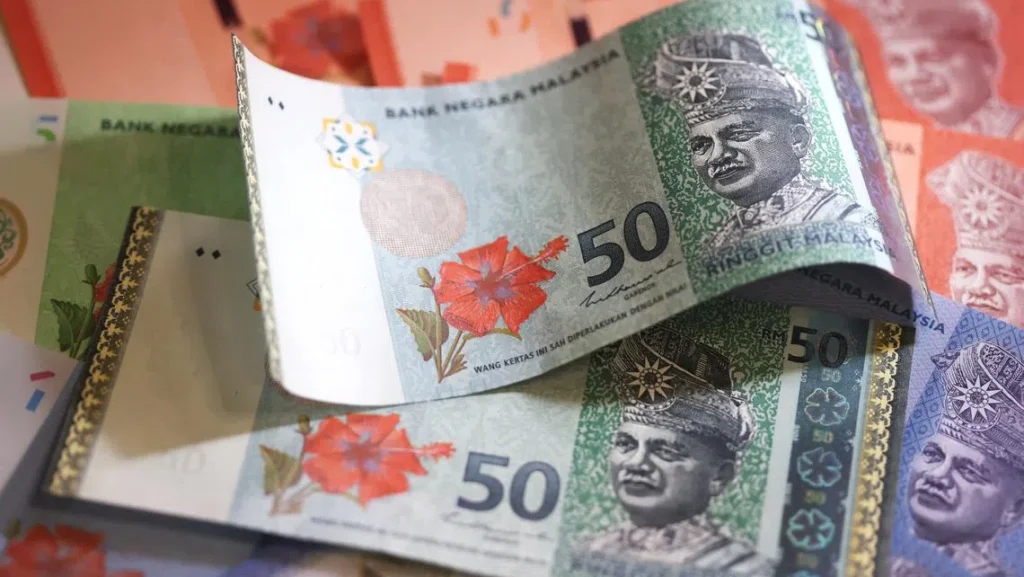Renowned economist and academician, Wijayanto Samirin, sheds light on the multifaceted dynamics underpinning the recent depreciation of the Indonesian Rupiah against the US Dollar, offering a critical appraisal that transcends conventional narratives linking it to the geopolitical strife between Iran and Israel.
Samirin situates the Rupiah’s downturn within a broader geopolitical-economic context, acknowledging the indirect ramifications of the Iran-Israel conflict on global oil markets. However, he contends that attributing the Rupiah’s depreciation solely to external factors overlooks underlying structural vulnerabilities within Indonesia’s economy.
“While geopolitical tensions undoubtedly exert pressure, the Rupiah’s decline is emblematic of deeper-rooted issues that warrant closer scrutiny,” remarked Samirin during an illuminating virtual symposium titled “Navigating Currency Volatility in an Era of Geopolitical Uncertainty,” convened on April 22, 2024.
Samirin underscores the pivotal role of the United States in shaping global currency dynamics, emphasizing its concerted efforts to maintain the primacy of the US Dollar as the de facto reserve currency.
“The Dollar’s hegemony perpetuates a cycle of dependency, exacerbating currency volatility in emerging markets like Indonesia,” he elucidated.
Moreover, Samirin cautions against the temptation to scapegoat external crises, urging stakeholders to address domestic vulnerabilities proactively. He highlights Indonesia’s burgeoning debt burden and the erosion of investor trust as pressing concerns necessitating immediate attention.
“In times of economic turbulence, fostering resilience requires a holistic approach encompassing prudent fiscal management and structural reforms,” he asserted, advocating for a concerted effort to fortify Indonesia’s economic foundations against external shocks.









